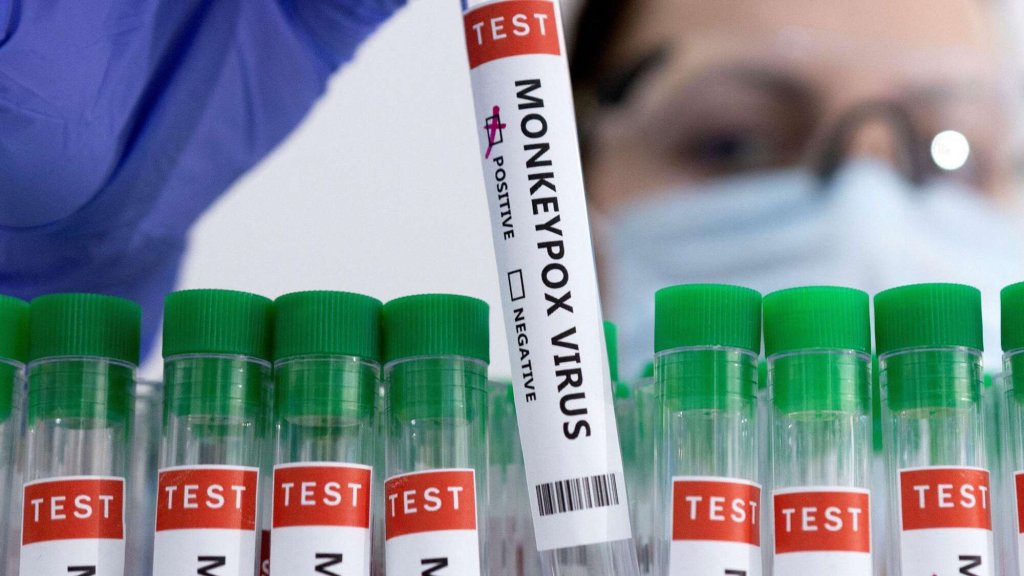The outbreak of mpox in DR. Congo and other neighboring countries, such as Uganda, Kenya, and Rwanda, is likely to slow down the business activities in the countries that are affected by the widespread of the disease, if not combated as early as possible.
However, the mpox impact may not be as disastrous economically as the previous outbreak of COVID-19 pandemic, since mpox has low mortality rate.
The World Health Organization (WHO), declared the rising number of mpox cases in the Sub-Saharan Africa a global health emergency on August 14, 2024, a day after the African Centres for Disease Control and Prevention elevated the outbreak to a public health emergency of continental concern. WHO identified the affected countries, including Burundi, the Democratic Republic of Congo (DRC), Rwanda, Uganda and Kenya.
Currently, the confirmed mpox cases in the DR.Congo are 35 and in Uganda five cases of affected people have been confirmed by the health ministry, which is very low, although some may be underreported. Nevertheless, if there is a significant increase in mpox cases, the main impact on economy from the virus and the measures to counter it is most likely to affect consumption and production, which will result in less food produced.
Additionally, according to UN tourism data, tourism could be hit most in Kenya, Rwanda, and Uganda.
In a bid to prevent the wide spread of mpox, the Ministry of Health, in conjuction with the World Health Organization (WHO), is advising Ugandans to avoid close contact with anyone who has mpox, including sexual contact, washing hands frequently with soap and water or an alcohol-based hand rub.
WHO also has urged people to stop having unprotected contact with wild animals, especially those that are sick or dead, including their meat and blood. Any food containing animal parts or meat should be cooked thoroughly before eating.
However, much as the Ministry of Health and WHO have given hints on how to prevent mpox, it is hard for one to identify a victim of mpox, especially when symptoms haven’t shown. Therefore, this is likely to affect the prevention.
Additionally, when it comes to getting into contact with wild animals, it becomes hard to identify which one is sick if the signs and symptoms are not displayed and, as a result, this is likely to affect the tourism industry, as the outbreak will hinder or scare away tourists from visiting the countries in question. The medical practitioners need to come in and carry out check-ups to identify the affected humans and animals.
